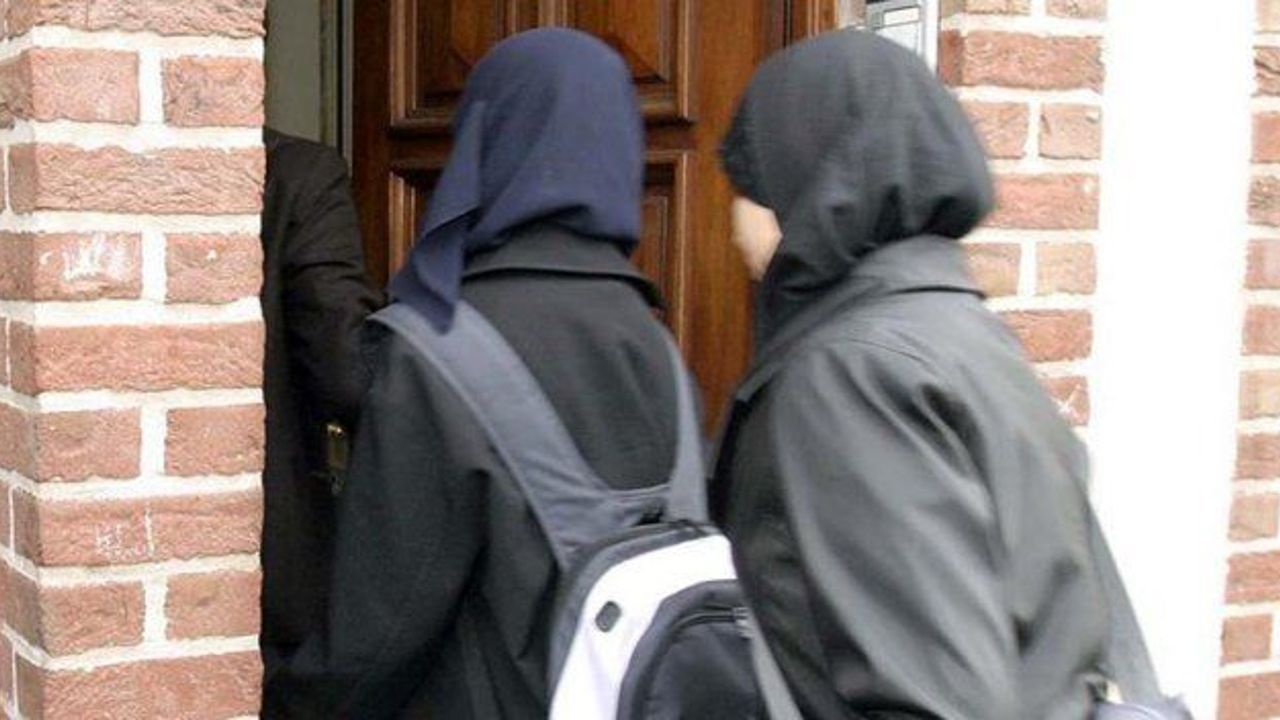Austria mulls to expand headscarf ban in schools
People on public duty should not use religious, ideological symbols on duty, says Austria's Education Minister

Expanding the range of headscarf bans for students and teachers in secondary school should be discussed throughout the country, especially in parliament, Austria's Education Minister said on Monday.
Speaking at Austrian state television ORF on a draft law to ban Muslim girls to wear headscarves in kindergartens and primary schools, Heinz Fassmann said it is not yet known how many girls are wearing headscarves in the institutions in question.
However the ban is not related to the number, it is related to its content, he said
The ban should be put in force for free education and protection of girls, Fassmann added.
"It is not just me and the ministry," Fassmann said, adding political parties, especially the parliament, must express their view on the headscarf ban for secondary schools and build a social consensus.
While reiterating his view on the headscarf ban on teachers, Fassmann said public servants should not use religious and ideological symbols during their duties.
Austria's new coalition government, consisting of the far-right Freedom Party and centre-right Austrian People's Party, was aiming to generate draft law to ban young Muslim girls to wear headscarves in kindergartens and primary schools; a culture which they say attacks the country's mainstream culture.
The headscarf ban on public servants was drafted by Austrian Prime Minister Sebastian Kurz.
In the elections last October, the coalition campaigned against the influx of immigrants in Europe.
In Austria, where Islam has been one of the officially recognized religions since 1912, there is a population of over 600,000 Muslims, corresponding to seven percent of the population, according to figures obtained from the Vienna Islamic Federation.







